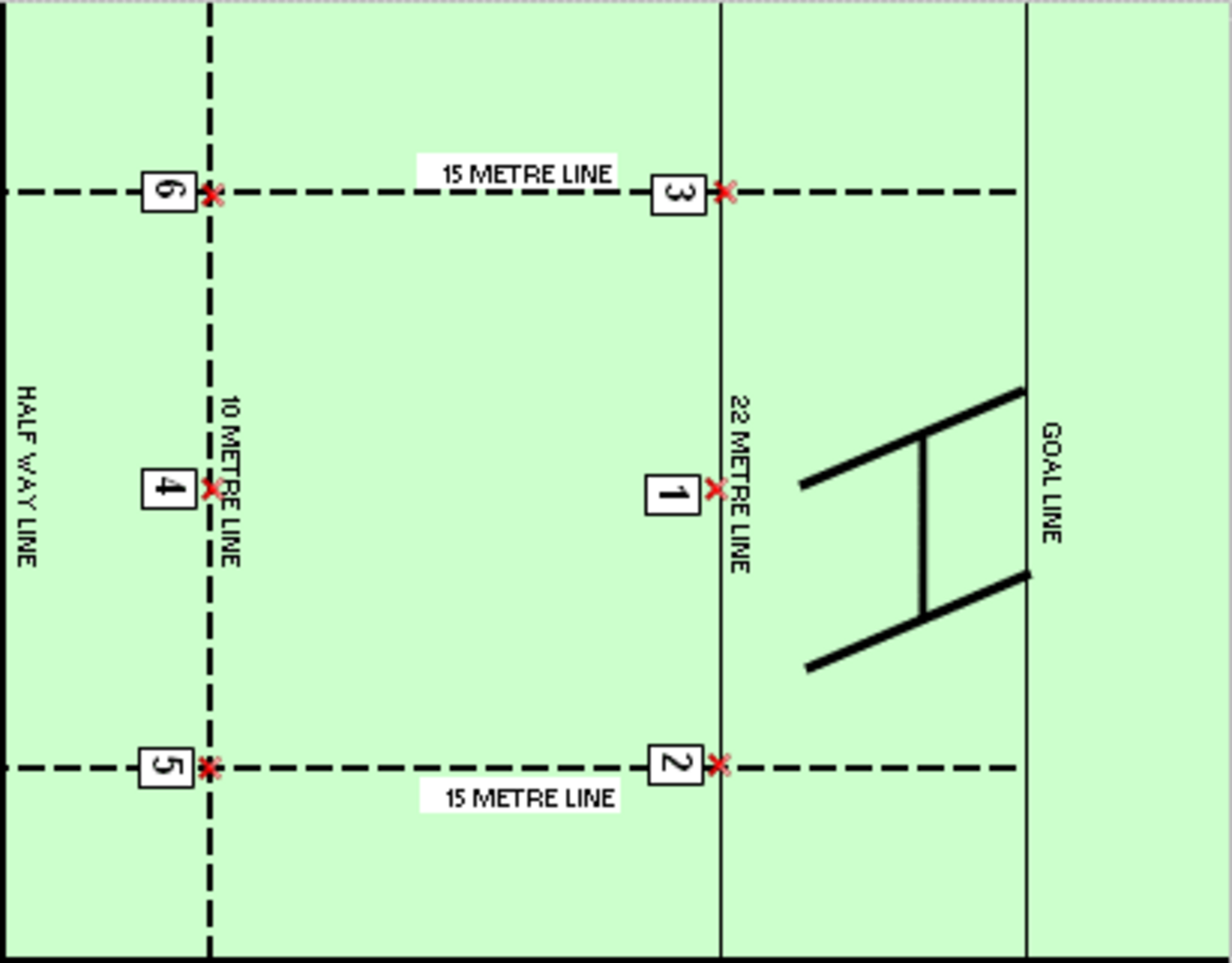Leicester Tigers and RC Toulon face an 80-minute battle for a place in the European Challenge Cup Final on Saturday. But what happens if the scores are level at the end of the game? Here’s all you need to know.
If the score is tied at the end of a knockout match in the European competitions, then extra-time will be played, consisting of two periods, each of 10 minutes plus any stoppage time in each period.
Extra time
At the final whistle signalling the end of normal time in the match, there will be a five-minute break. The teams and the match officials remain on the field.
After the break, the teams swap ends and the club that kicked off the first half of the match will kick off the first period of extra time. There will be a one-minute break between periods of extra time.
If the scores are tied at the end of extra time, the club that has scored the most tries in the match (including extra-time) will be the winner.
If the teams have scored the same number of tries, there will be a place-kick competition to determine the winner.
Place kick competition
Players and match officials remain on the pitch. The referee will call the captains together and will conduct two coin tosses. The first will decide which team selects the end at which all place kicks must be taken; the second will decide which team selects whether it wishes to kick first or second in sequence.
Each team must nominate three players to take part in the competition. Only Players on the field at the end of extra-time may be nominated. No substituted players, replaced players or players shown a red card may take part at any time. Any player who remains in the sin bin at the time of the final whistle of extra-time may not take part.
The match officials and the nominated players assemble on the halfway line. Coaching/ management/ medical staff and players not nominated remain in their respective technical zone.

The referee starts the competition by calling Kicker 1 from Team A to take his kick from position 1 (central, on the 22-metre line). Kicker 1 from Team B follows.
Kicker 2 from Team A then kicks from position 2 (on the 22-metre line, at its junction with the 15-metre line, on the right of the pitch). Kicker 2 from Team B follows.
Kicker 3 from Team A kicks from position 3 (on the 22-metre line, at its junction with the 15-metre line, on the left of the pitch). Kicker 3 from Team B follows.
The referee then calls Kicker 1 from Team A to kick from position 4 (central, on the 10-metre line). Followed by Kicker 1 from Team B.
Kicker 2 from Team A kicks from position 5 (on the 10-metre line and its junction with the 15-metre line, on the right of the pitch). Kicker 2 from Team B follows.
Kicker 3 from Team A kicks from position 6 (on the 10-metre line and its junction with the 15-metre line, on the left of the pitch). Kicker 3 from Team B follows.
After each of the three nominated players from each team has taken two kicks, the referee will declare the winning team based on the number of successful kicks.
If there is an equal number of successful kicks, the competition continues on a 'sudden death' basis. All kicks will take place from position 4 (central, on the 10-metre line) and will take place in the following order: Kicker 1 from Team A then Kicker 1 from Team B; Kicker 2 from Team A then Kicker 2 from Team B; and Kicker 3 from Team A then Kicker 3 from Team B.
The competition will continue two kicks at a time (one from each team) until one player succeeds with a kick and the rival player taking the corresponding kick misses. The team of the player who succeeded with the kick will be declared the winner.
During the place-kick competition
Once a player has positioned the ball on the kicking tee, he must take the kick within one minute. If he takes longer, the referee shall declare the kick unsuccessful.
Whether or not the kick is successful is the sole decision of the referee, who may at his sole discretion rely on the assistance of his assistant referees. The referee's decision is final and binding.
If a kicker becomes injured, he may be replaced only by a player who was on the field at the end of extra-time.



